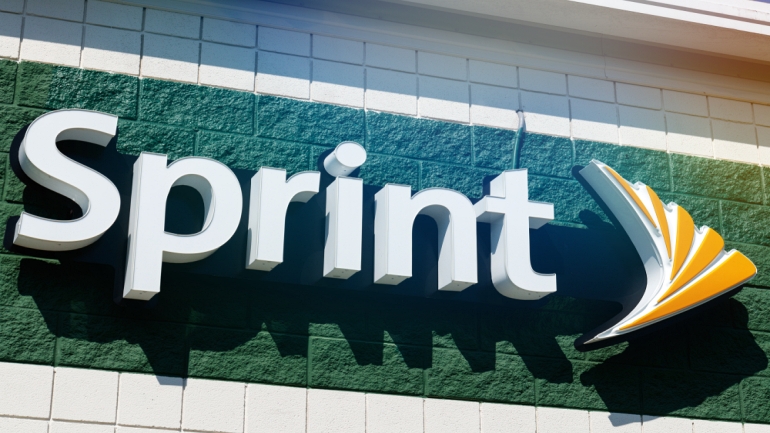US telecom giant Sprint Corporation has announced that it is working with Arizona State University (ASU) to promote economic, educational, technological and social growth in the entire Arizona region, leveraging the power of Sprint’s True Mobile 5G and Curiosity™ IoT’s advanced dedicated network and operating system. This groundbreaking collaboration will combine the innovations of 5G and Curiosity™ IoT, create a new IoT curriculum and reach millions of residents.
Sprint’s Curiosity™ IoT is the first dedicated, virtualized and distributed core IoT network that is purpose-built for software. Hosted on a solid foundation from technology leaders including ARM, Ericsson and AWS, this service leverages bare-metal design, and enables the delivery of low latency, high availability connectivity. The fourth-largest mobile network operator in the US stated that they designed Curiosity™ IoT “to solve the challenges of today and be ready for the needs of the future.”
In a press release, Sprint said it will work alongside ASU to offer 5G services and IoT applications to the largest and fastest growing research university in the US. The company will also help launch ‘Curiosity University’ for its employees to foster a new generation of IoT experts. Moreover, the company will help create a Sprint 5G Incubator at ASU’s Novus Innovation Corridor to engage in joint research and development.
Ivo Rook, Senior Vice President of IoT at Sprint Corporation, commented, “The Internet of Things is driving the fourth industrial revolution right before our eyes, changing how we interact with everyday items and increasing the possibilities of technology and data. We are proud to work with Arizona State University to help create an entire smart region ready to pave the way for the future.”
Sethuraman Panchanathan, Executive Vice President, ASU Knowledge Enterprise, said, “Our collaboration with Sprint exemplifies the broad benefits of a university-corporate relationship. The entire university community and those throughout the greater Phoenix metropolitan area will benefit directly from this collaboration by having access to Sprint’s network and through the educational and research aspects that will usher in new innovations in technology.”
Currently, Sprint 5G is available in Atlanta, Chicago, Dallas-Fort Worth, Houston, Kansas City, Los Angeles, New York City, Phoenix and Washington, D.C. According to the company, initial 5G results show an almost six-fold increase in average download speeds when compared to LTE connections.







